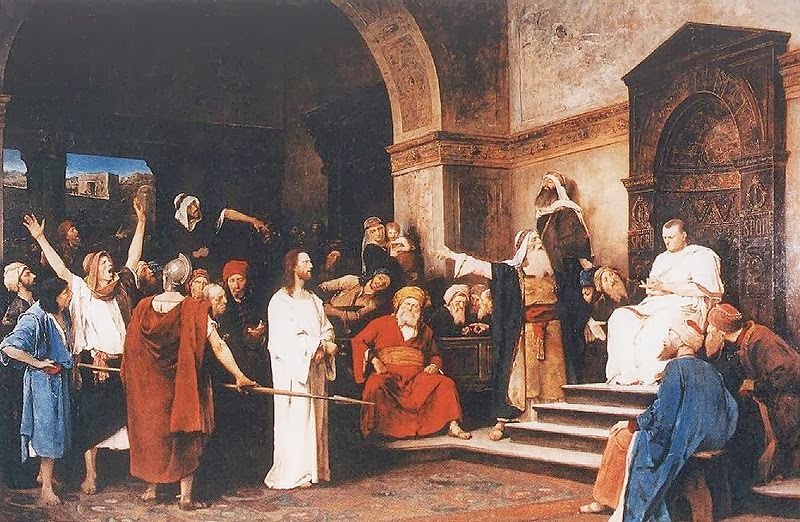Many people ask me why is it important to confirm the historical details of the Bible? The Bible can be broken into two separate areas, the historical, and the divine. Critics complain that if the authors of the Bible could not get the historical facts, the kings, cities, battles, and other details correct, how can they be trusted to get the divine portions correct? If you intend to witness to others about your faith, questions regarding the accuracy of the Bible are certain to come up. Having the proper, and honest answer to questions is essential. I consider this research and knowledge to be just one more element of your spiritual armor Paul speaks of in his letter to the Ephesians. The Bible commands us to "Prove all things; hold fast that which is good." We are also told to "Let your conversation be always full of grace, seasoned with salt, so that you may know how to answer everyone." In order to know how to respond to critics and doubters of the Bible's accuracy, we must study and search for the answers. Only then can we fulfill our commitment to know how to answer everyone. We, of course, cannot know all the answers, but by careful study we can learn more, and continue our spiritual growth.
"If I have told you people about earthly things and you do not believe, how will you believe if I tell you about Heavenly Things?" John 3:12
Pontius Pilate was the fifth governor of Judea and was appointed by the emperor Tiberius in 26 A.D. and removed from power in 37 A.D. by Vitellius, the Roman Governor of Syria. Pilate is mentioned in more than 60 passages from the New Testament. He is also mentioned in the writings of Josephus, Tacitus and Philo. Despite this extensive external evidence concerning Pilate, there remained some doubt as to the position Pilate held in Judea. This changed in 1961 when a stone slab inscribed with Pilate's name was discovered.
An Italian excavation was working at Caesarea Maritma under the direction of Antonio Frova. During the excavation they discovered a dedicatory stone. The inscription read Tiberieum/ [Pon]tius Pilatus/ [Praef]ectus Iuda [eae]. Translated this is Tiberius/ Pontius Pilate/ Perfecta of Judea. (Tiberius was the Roman emperor of the period.)
The stone, when found, was in secondary use and had been partially destroyed but experts had little trouble reconstructing what the inscription read from the remaining text. The inscription confirmed the title and position held by Pilate at the time of Jesus' hearing and crucifixion. Pilate was removed from power just a few years after the crucifixion of Jesus when Pilate had a group of Samaritans slaughtered at Mount Gerizim.


